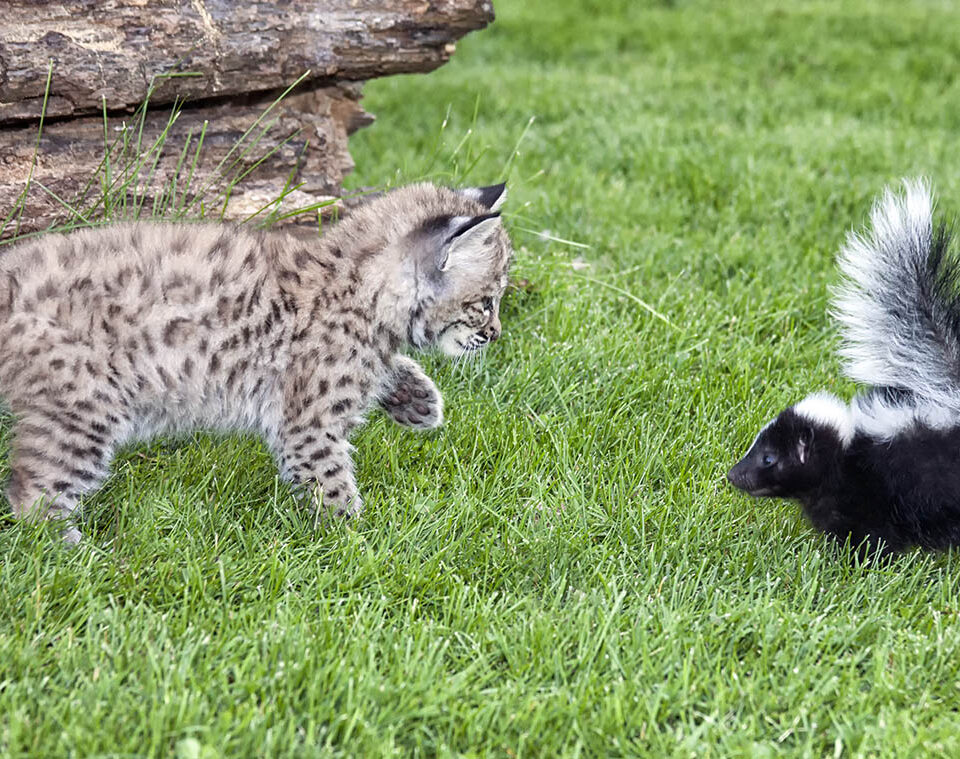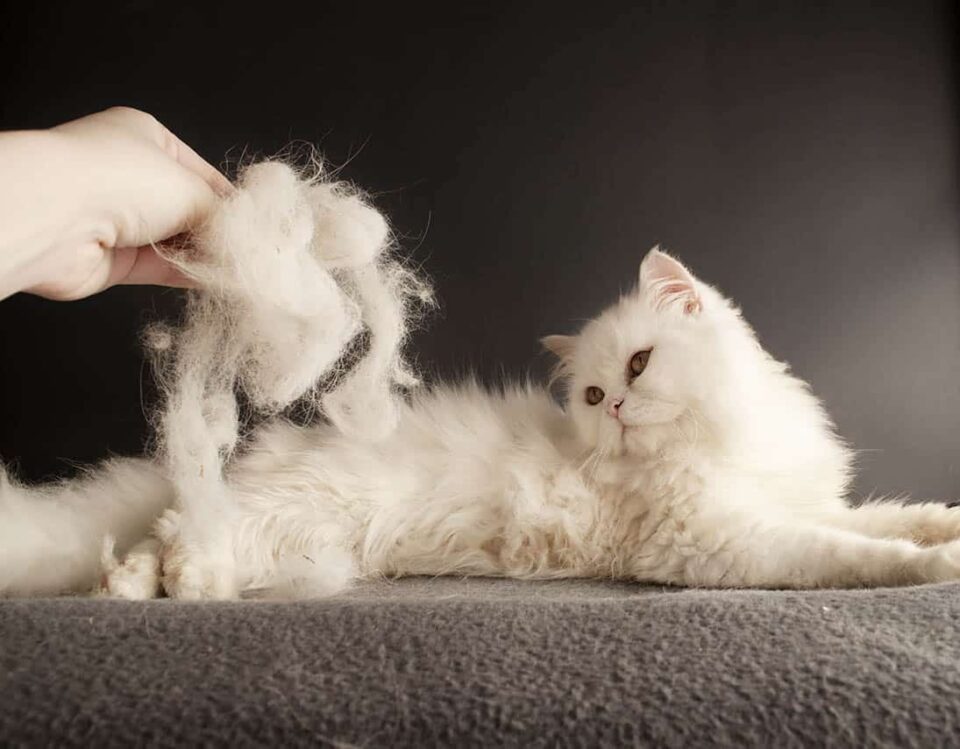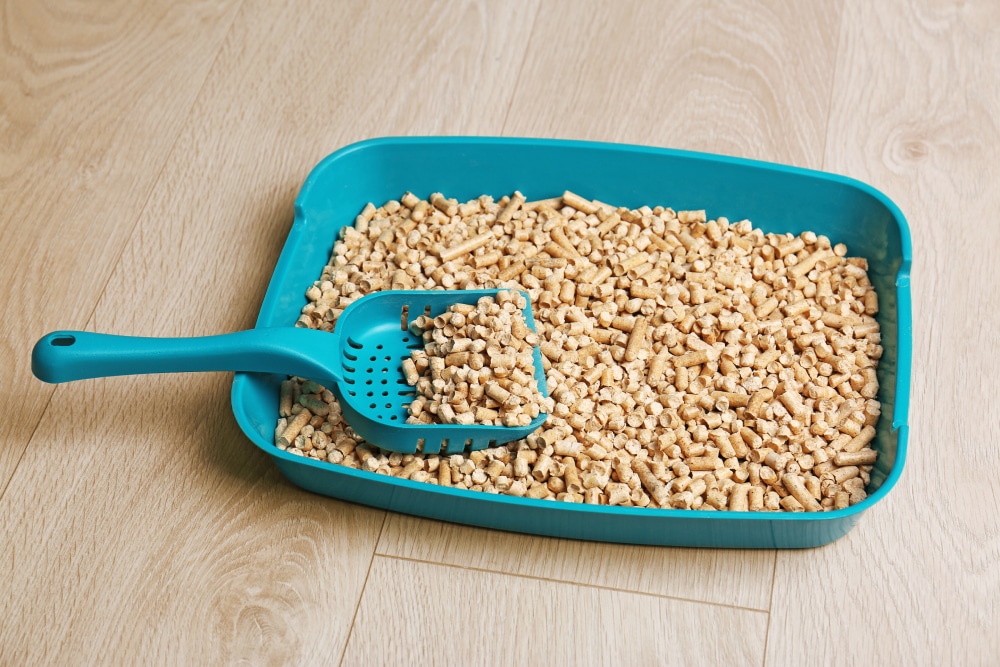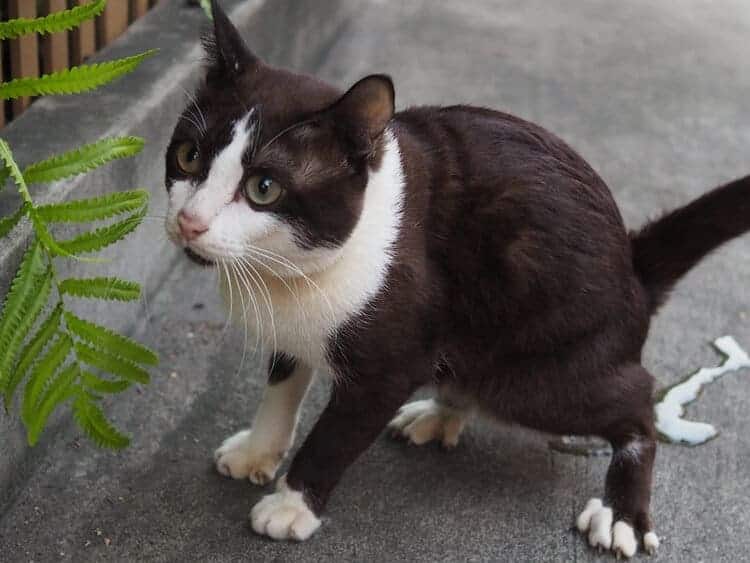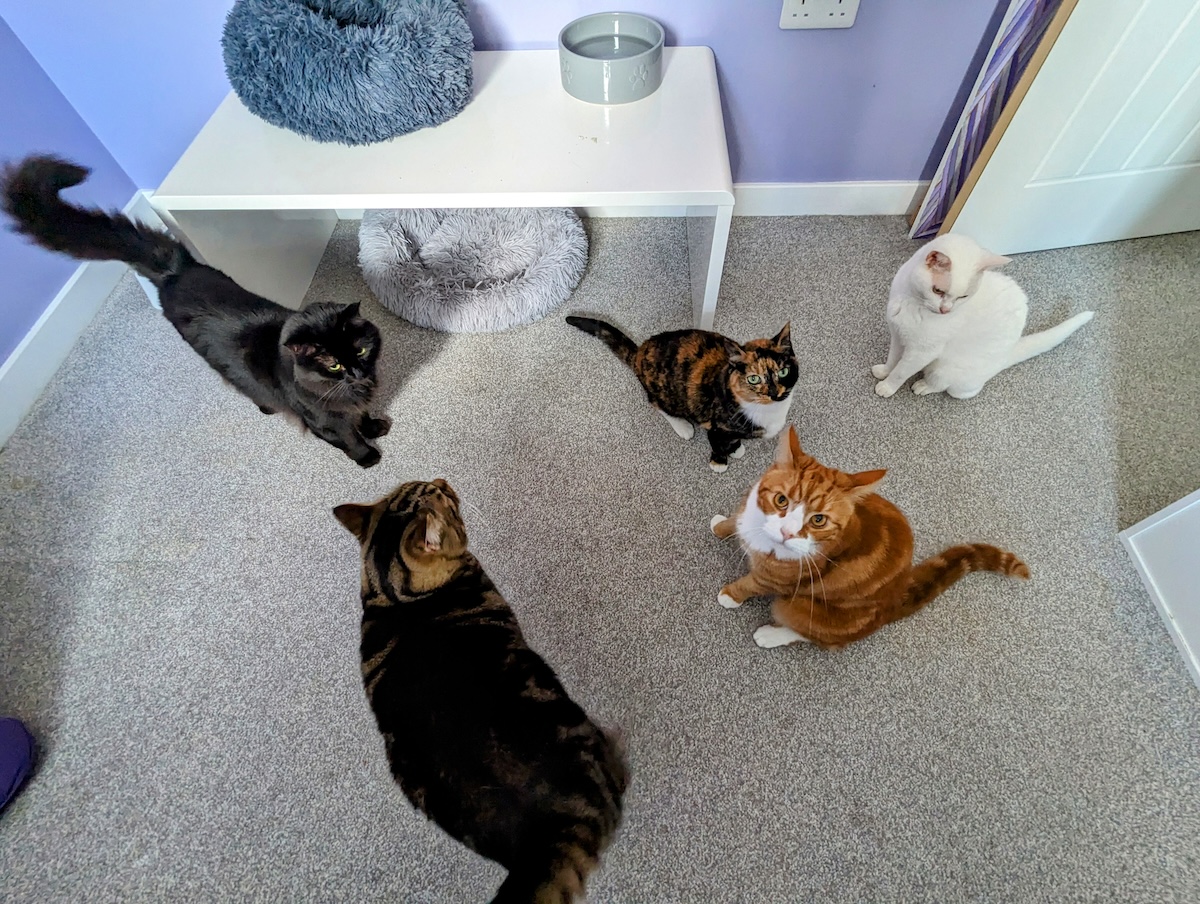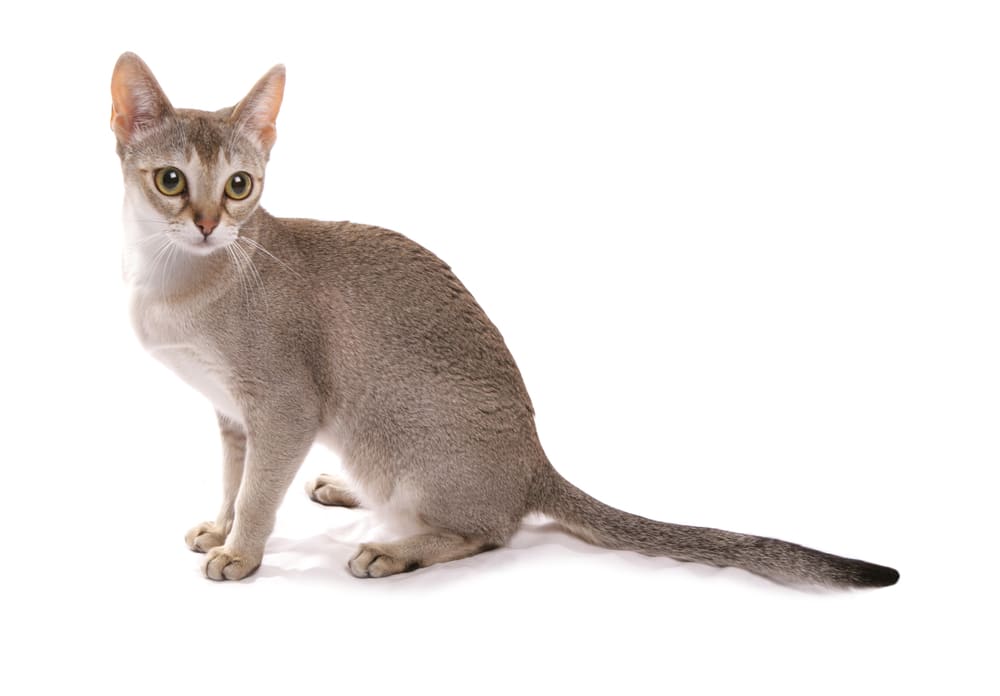Imagine this: your cat returns home with a new fragrance, and it’s not a pleasant one. Yes, your feline friend has had an unfortunate encounter with a skunk.
Skunks typically aren’t looking for trouble, but their spray is their ticket to safety when they feel threatened. It’s an incredible defense mechanism, and any curious cat could find out the hard way. Skunks are more active during warmer months, so it’s no surprise for a cat to end up on the wrong side of a skunk’s tail. Just one spray can be detected from up to 15 feet away, and the substance, mercaptan, is downright pungent.
Now, if your cat comes home smelling like skunk, it might be tempting to think they just need a bath. However, there’s more to worry about than just stink. Skunks can carry rabies, and though a cat won’t catch it from spray alone, any scratches or bites could be a risk. Rabies is serious stuff, so making sure your cat’s vaccinations are up to date is key.
But what about the irritation that comes with skunk spray? It’s not just the smell that’s troubling. A direct hit to the face can cause your cat’s eyes to swell and get irritated. In severe cases, some cats and even dogs have experienced temporary blindness. If you notice your cat squinting, with swollen eyes, or pawing at their face, it’s time to contact a vet.
Then there’s the potential for ingesting or inhaling the spray. Cats that get a mouthful might drool, foam at the mouth, or have a fit of sneezes. If these symptoms show up, it’s another red flag for immediate vet care.
If your nose can hardly handle the odor, it’s possible to minimize it. Though no magic solution exists to make the smell vanish in an instant, there are ways to get it under control. A mix of baby shampoo, baking soda, and hydrogen peroxide can help mask it. However, avoid getting this concoction in sensitive areas like the eyes and ears, and remember, while it helps, the smell will naturally fade over time. Forget the old tomato juice trick—it’s messy and doesn’t work well. Letting a pro handle it is always an option if your cat becomes too stressed during cleaning.
Lastly, preventing another skunk episode is worth a try. Keeping your cat indoors during peak skunk hours—dawn, dusk, and nighttime—minimizes encounters. Try to keep skunks out of your yard by securing food sources and blocking off areas where they might nest. Cats can even get sprayed through screen doors, so vigilance is key.
Skunk encounters are no fun for anyone involved. Staying calm, acting quickly, and consulting with a vet ensures your feline friend is back to their usual mischievous self in no time. Preparation and prevention are vital, and with the right steps, you can keep that skunky smell at bay.
